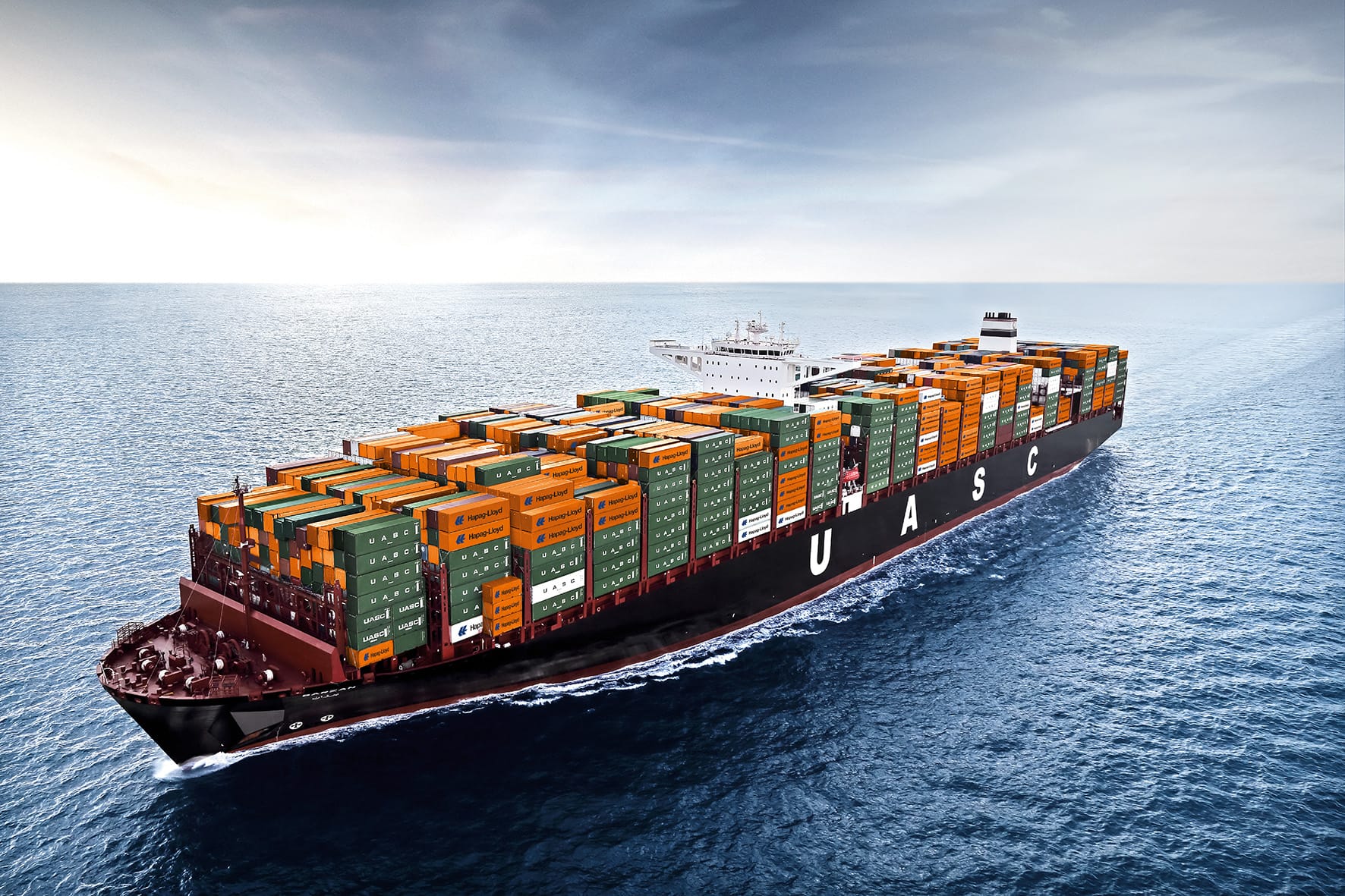How do freight shipping services respond to the effects of weather and natural disasters?
Maritime transport responds to weather and natural disasters
1. Advance monitoring and assessment: Freight shipping services companies will use weather forecasts and information from meteorological agencies to monitor weather and natural disasters that may affect routes before transporting goods. This helps to assess potential risks in advance and take appropriate preventive and adjustment measures.
2. Adjust routes and plans: For routes that are about to be affected by weather or natural disasters, Freight Shipping Services may consider adjusting routes or transportation plans to avoid risk areas and ensure the safe transportation of goods.
3. Provide cargo insurance: Freight shipping services companies usually recommend that customers purchase cargo insurance to deal with possible cargo losses caused by weather and natural disasters. Cargo insurance provides customers with an extra layer of security by providing compensation in the event of loss.
4. Establish an emergency response mechanism: cargo shipping companies establish an emergency response mechanism so that they can respond quickly when an emergency occurs. This may include emergency liaison with shipping lines, ports and other relevant parties to assist with issues arising from weather and natural disasters.
5. Continuous monitoring and updates: During the voyage, Freight Shipping Services will continue to monitor weather and natural disasters and provide customers with updated shipping information in a timely manner. This helps customers understand the real-time status of cargo transportation and make possible adjustments and preparations.

Air transport in response to weather and natural disasters
1. Real-time tracking and notification: Cargo shipping companies can keep track of the aircraft’s location and flight status at any time through the real-time tracking system. Once weather or natural disasters may affect transportation, they will promptly notify customers and provide possible adjustment suggestions.
2. Flexibly adjust flight plans: In the face of weather emergencies, Freight Shipping Services can flexibly adjust flight plans and choose to avoid risk areas or adjust flight altitudes to ensure the safety of aircraft and cargo.
3. Early warning and emergency treatment: Freight shipping services companies will learn about possible severe weather in advance based on the weather warning system, notify customers through early warning and take corresponding measures. In the event of an emergency, they will respond quickly to ensure the safety and smooth transportation of the goods.
4. Multi-channel information transmission: In order to ensure the timely transmission of information, Freight Shipping Services uses multi-channel communication methods, including phone calls, emails, real-time tracking systems, etc., in order to maintain close contact with customers and share transportation information in a timely manner.
5. Adaptability of aircraft equipment: cargo shipping companies will ensure that the packaging of goods meets the transportation requirements of the aircraft to increase the adaptability of the cargo during flight. This includes waterproof, moisture-proof and shock-proof packaging to reduce the impact that weather and natural disasters may have on the goods.

Through the above strategies, Freight Shipping Services can better cope with the impact of weather and natural disasters that may be encountered in sea and air transportation, and minimize the risk of cargo loss and delay.




